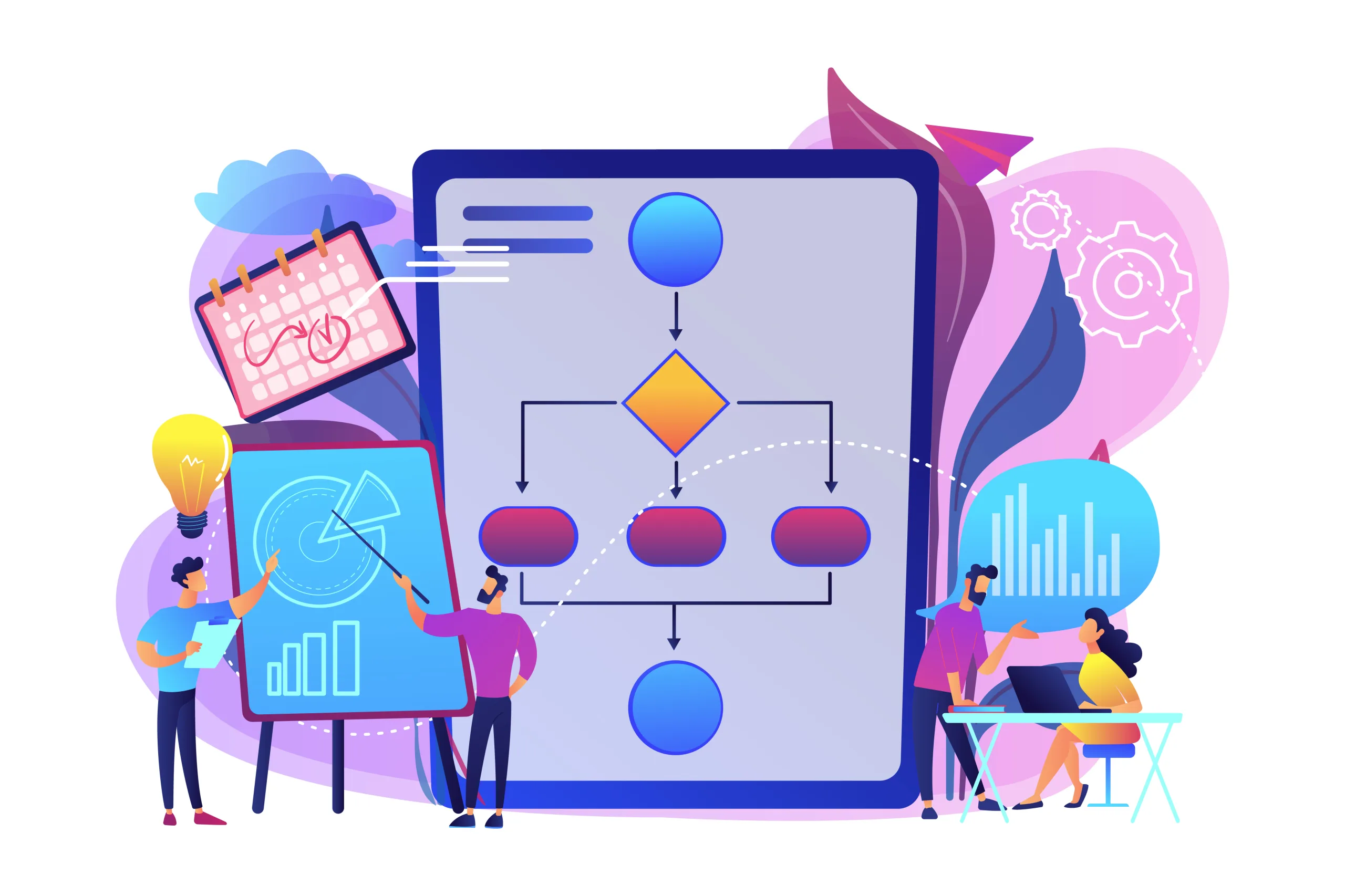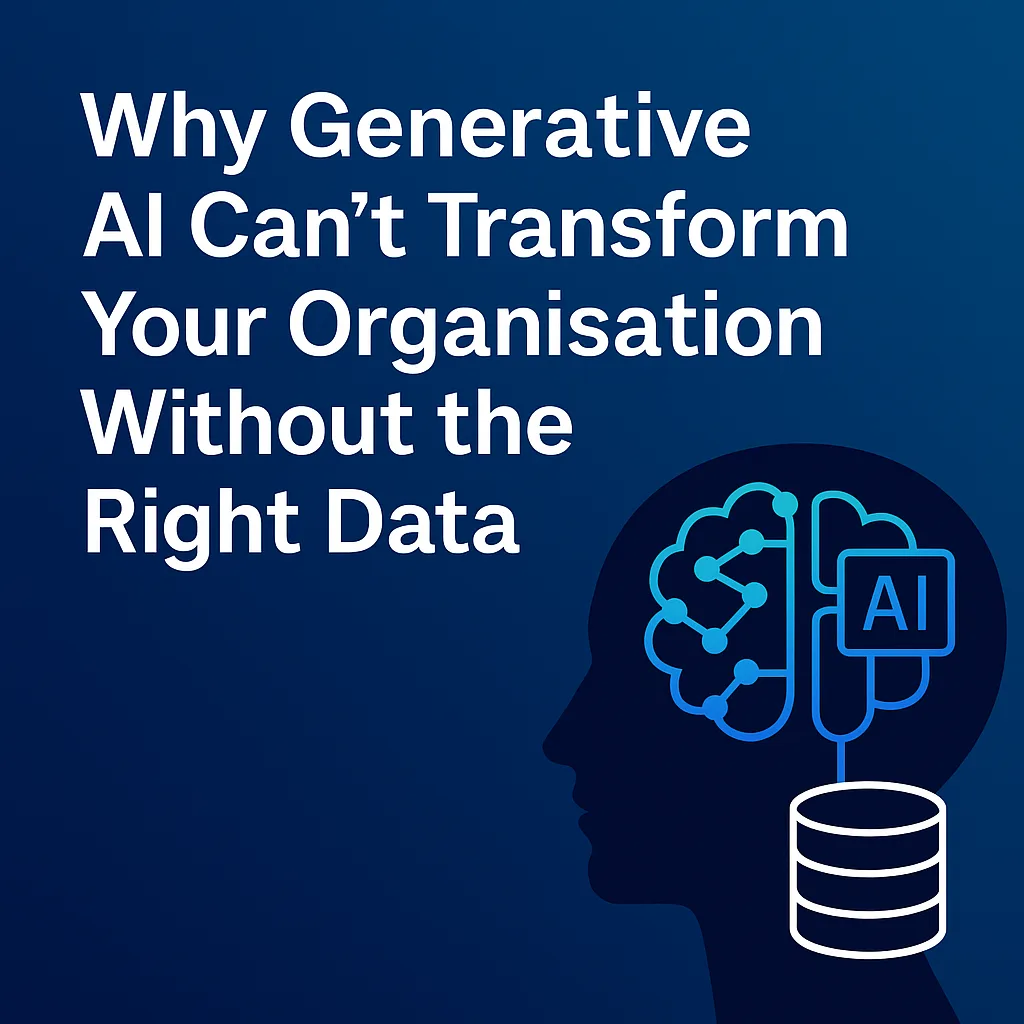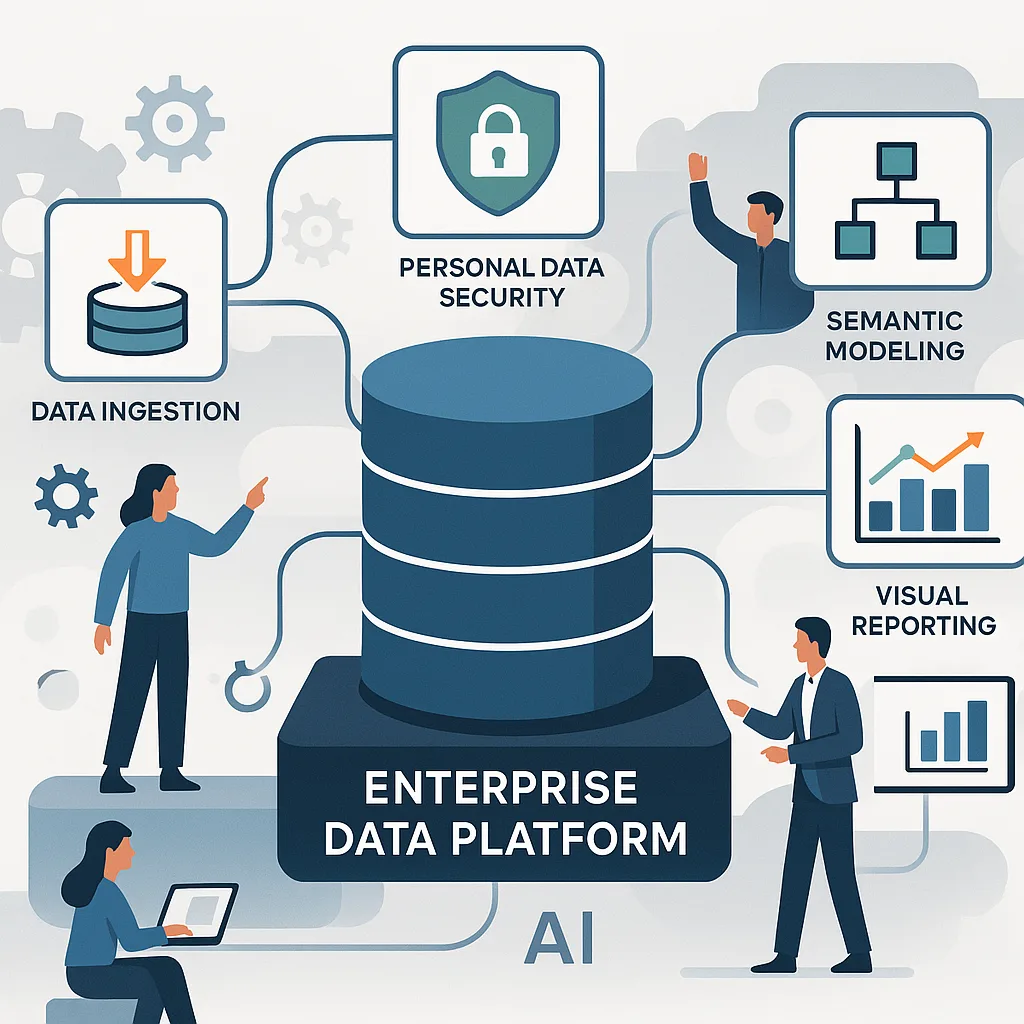If you’ve been asking yourself this question, or conversely you’re trying to raise the profile of data within your organisation then you should understand the issues any corporate environment is faced with, and how senior leadership roles are developed to manage risk which include investments in data.
So firstly addressing the question why does an organisation need data? This is something well versed in the media. The vision and approach you get from itelligent-i differs in that we believe you don’t just need data, you need to be able to integrate data into the everyday of operations (or the organisations culture). Its what we refer to as an Information Strategy.
An information strategy is pretty simple and you can see other articles and pages on our site that explain what we mean.
Strategic Insight informs your business to look at the data available to senior leadership, informing and supporting them to make the right decision (this should be aligned to an organisations strategy but that’s also covered in other pages on the site).
Operational Insight monitors the effectiveness of the organisation enabling senior leadership to see how the organisation is progressing (Performance Management for example), and provides operational leaders with right information to take action and modify their approach to delivering what they are responsible for.
Finally Customer Insight completes the triangle by ensuring data relating to the organisations target audience is available in a form that it can support the outcome and vision set out in the first place (did I mention strategy previously?!).
So the reason you need data, or rather an Information Strategy, is to help you understand and make the right critical decisions for your organisation. In turn this enables you to monitor the impact of your organisations actions, and progress against your strategic outcomes.
Most organisations we work with today seem to use data without understanding how it can really help to support them other than in a tactical sense. Understanding that the modern world is progressing faster toward being data driven than the retail industry was driven toward online transactions. Just stop and pause for a second, can you think of a retail organisation that exists that hasn’t fully adopted and embedded online transactions in their business? (If you can, email me and let me know!).
So the case for an information strategy seems clear. Or does it. As a senior leader in any organisation you have a responsibility to manage risk in the organisation. This is not to do with any legality or compliance (although they obviously do!), simply the risk associated with spend. If an information strategy cost nothing to implement then everyone would do it right?
Generating the right Information does require investment, and often it requires moderate to significant investment. Today however the investment is different. Many organisations already have complex (usually too complex!) hardware and software installations (business intelligence) that have promised to provide everything an organisation wants or needs. Of course it can. The reality is that for the last couple of decades very few companies have incorporated data into their DNA.
So there is a few practical hurdles for an organisation to navigate before seeing the real benefit of an information strategy. Firstly, let accept that we all thought software and hardware investment was going to solve the all our problems. It didn’t.
So remembering that software and hardware are simply enablers to an information strategy let’s look at the next big issue. The information we currently provide to investors, senior leadership or boards is often Operational Insight at best and it doesn’t really help with the key issues facing leadership teams. So why would anyone invest in something that doesn’t deliver added benefit?
Then my final point, which is similar to the previous, but should be considered quite differently. Organisations don’t know that the information they need is either readily available, or can be obtained (completing primary research or a similar activity). I’d go as afar to say that organisations don’t know that data / information to support their strategy actually exists. To many data is operational stats.
So the path isn’t as simple as the marketers would have us believe. Nor can we accept that those leading our organisations understand how an Information Strategy will benefit without seeing practical examples.
Without being able to tangibly see/feel how data can really benefit an organisation would it not be foolish to invest?
itelligent-i has the experience and knowledge required to support organisations understand an implement an Information Strategy.
Belonging to or being responsible for an organisation that misses out the most essential strategic tool of the modern era could be a fundamental mistake.



